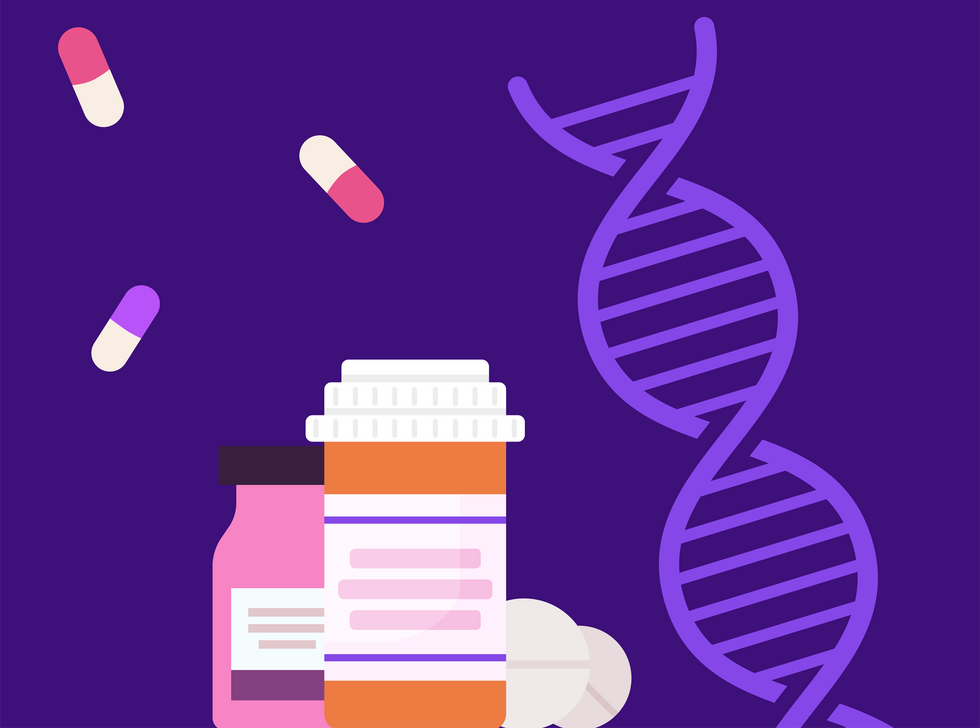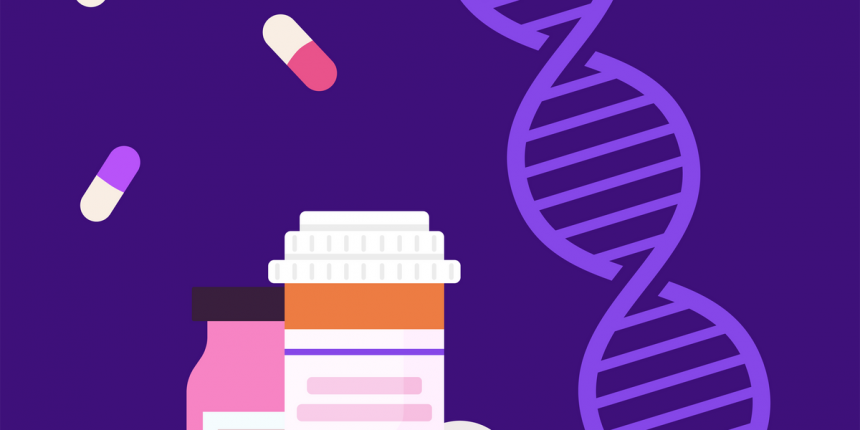
Slide 1
Biosimilars 101
Discover the world of biosimilars and how they compare to biologics. Learn how these cost-effective alternatives can be just as effective in treating various health conditions.
Slide 2
Understanding Biosimilars
Biosimilars are replicas of biologics, derived from natural sources like plant or human cells. They are utilized in treating conditions such as rheumatoid arthritis, psoriasis, Crohn’s disease, and cancer.
- Rheumatoid arthritis (RA)
- Psoriasis
- Crohn’s disease
- Various types of cancer
Slide 3
Biosimilars: Safe and Effective
Biosimilars are FDA-approved and closely mimic biologics in treating various health issues. They are deemed safe and efficient for managing these conditions.
Slide 4
Affordable Options with Biosimilars
With reduced production costs, biosimilars offer a more budget-friendly alternative to biologics. This cost-effective solution is especially beneficial for conditions like RA, where biologics can be expensive.
Slide 5
Choosing the Right Biosimilar
Companies determine the development of biosimilars based on cost and efficacy factors, ensuring they match the working mechanism of biologics.
Slide 6
Adhering to FDA Regulations
Following FDA guidelines, companies rigorously test biosimilars to meet the same standards as original biologics. These tests confirm the biosimilar’s identical function to the reference product.
Slide 7
Current Availability of Biosimilars
The FDA has approved 44 biosimilars for use in the U.S., including versions modeled after popular biologics like Humira. These biosimilars provide patients with more options for treatment.
Slide 8
Obstacles to Biosimilars
Despite increasing demand, biosimilars face challenges in the U.S., from manufacturer resistance to limited insurance coverage. This hinders widespread adoption of these cost-effective alternatives.
Slide 9
Improving Patient Access with Biosimilars
Biosimilars play a crucial role in healthcare by offering affordable treatment options to individuals who may otherwise struggle to afford biologics. On average, biosimilars are 30% cheaper than their counterparts.
Slide 10
Is a Biosimilar Right for You?
If you currently use a biologic, consult your healthcare provider about biosimilars for a potentially cost-effective and equally effective treatment option.
This informative resource is sponsored by Amgen, a member of the HealthyWomen Corporate Advisory Council.
.





